
Aruna Bio stated that it expects to begin a phase 1b/2a clinical trial within the first half of this year.

Aruna Bio stated that it expects to begin a phase 1b/2a clinical trial within the first half of this year.

The agency does not have plans for an advisory committee meeting to discuss obe-cel, which is an investigational autologous CD19-directed CAR-T therapy.

Sharon Hesterlee, PhD, the chief research officer of MDA, discussed highlights of 2023’s meeting and exciting new things to look forward to at the upcoming 2024 meeting.

In light of this major decision by the agency, CGTLive™ decided to reach out to several experts to get their thoughts on how exa-cel could impact the landscape of care for TDT.

TAC01-CLDN18.2 integrates TAC, Triumvira’s proprietary chimeric receptor that is intended to activate and direct T-cells against tumor cells.
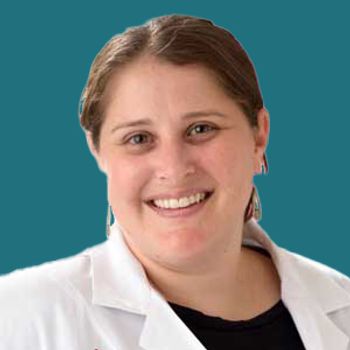
Tami John, MD, a clinical associate professor at Stanford Medicine, also discussed ongoing trends in sickle cell disease research.
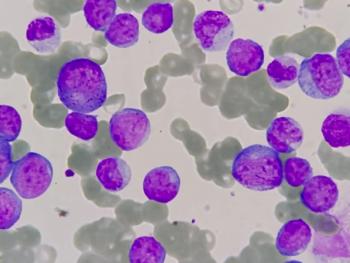
Hemogenyx originally submitted the IND to the FDA in May 2023 with the intention of gaining clearance for a phase 1 clinical trial in acute myeloid leukemia.

Catch up on the latest news, breakthroughs, and announcements from biotechnology companies making advancements in cell and gene therapies.
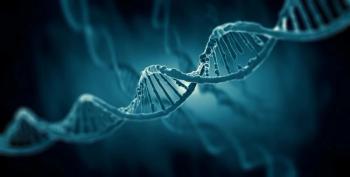
Among 3 patients in the study’s first cohort, a 3.6 to 6.6-fold increase in CSF PGRN over baseline was observed at 30 days posttreatment.

Tami John, MD, a clinical associate professor at Stanford Medicine, discussed a study on samples from patients who had received either HSCT or gene therapy for sickle cell disease.

The first pediatric patient was treated in the United States, but the company has now also received clearance to treat pediatric patients in the UK.

Among 11 patients with PD who were treated in the study, there no serious adverse events (AEs) attributed to AB-1005.

Catch up on the latest news, breakthroughs, and announcements from biotechnology companies making advancements in cell and gene therapies.
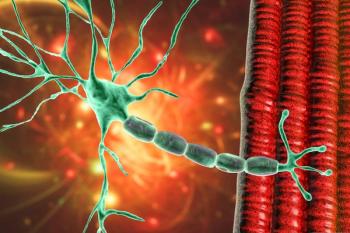
In terms of safety, Descartes-08 was characterized as well-tolerated during the study and long-term follow-up period.
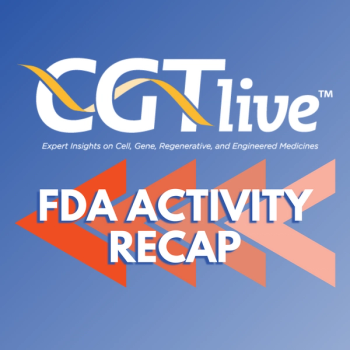
Catch up on any of the key FDA news stories you may have missed last month, with coverage highlights from the CGTLive™ team.

Alexis Thompson, MD, MPH, the chief of hematology at Children’s Hospital of Philadelphia, discussed the need to determine whether the recently approved sickle cell disease gene therapies could benefit younger patients.
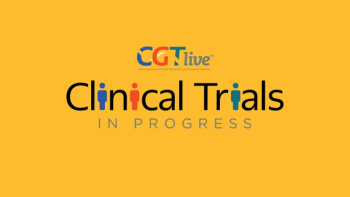
Exa-cel was recently approved for the treatment of SCD in the US, but data from the pivotal clinical trial continues to be collected.
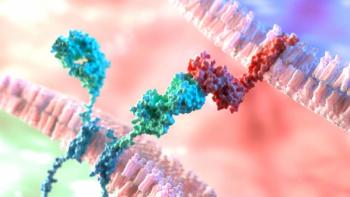
The clearance continues a recent trend of IND clearances for CAR-T therapies in autoimmune disease.

Alexis Thompson, MD, MPH, the chief of hematology at Children’s Hospital of Philadelphia, discussed an analysis of follow-up data for bluebird bio’s beti-cel she presented at ASH’s 2023 conference.

Senti Bio anticipates the launch of a multicenter clinical trial in hematological malignancies this year, with the first patient expected to receive the therapy within 2024’s second quarter.

Catch up on the latest news, breakthroughs, and announcements from biotechnology companies making advancements in cell and gene therapies.
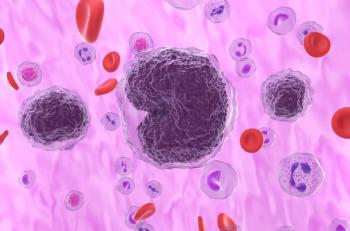
ONCT-808 targets ROR1 and is currently being evaluated for the treatment of r/r aggressive B-cell lymphoma.

Catch up on the latest news, breakthroughs, and announcements from biotechnology companies making advancements in cell and gene therapies.

The company characterized the meeting as “productive”.

Catch up on the latest news, breakthroughs, and announcements from biotechnology companies making advancements in cell and gene therapies.

Throughout 2023, interest in the application of CAR-T and other cell therapies to B-cell-driven autoimmune disease skyrocketed, with a multitude of clinical trials being initiated by various companies.

Akshay Sharma, MBBS, a bone marrow transplant physician at St. Jude Children’s Research Hospital, also gave his thoughts on the recent FDA approval of Vertex and CRISPR’s exa-cel for sickle cell disease.

Akshay Sharma, MBBS, a bone marrow transplant physician at St. Jude Children’s Research Hospital discussed PRO data on Vertex and CRISPR’s gene-edited cell therapy for sickle cell disease.

Catch up on the latest news, breakthroughs, and announcements from biotechnology companies making advancements in cell and gene therapies.
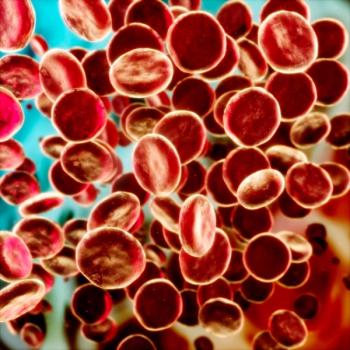
No significant differences were observed between patients with and without HCBV in the reductions seen in ABR for all bleeds during the 7 to 36 months posttreatment timeframe.